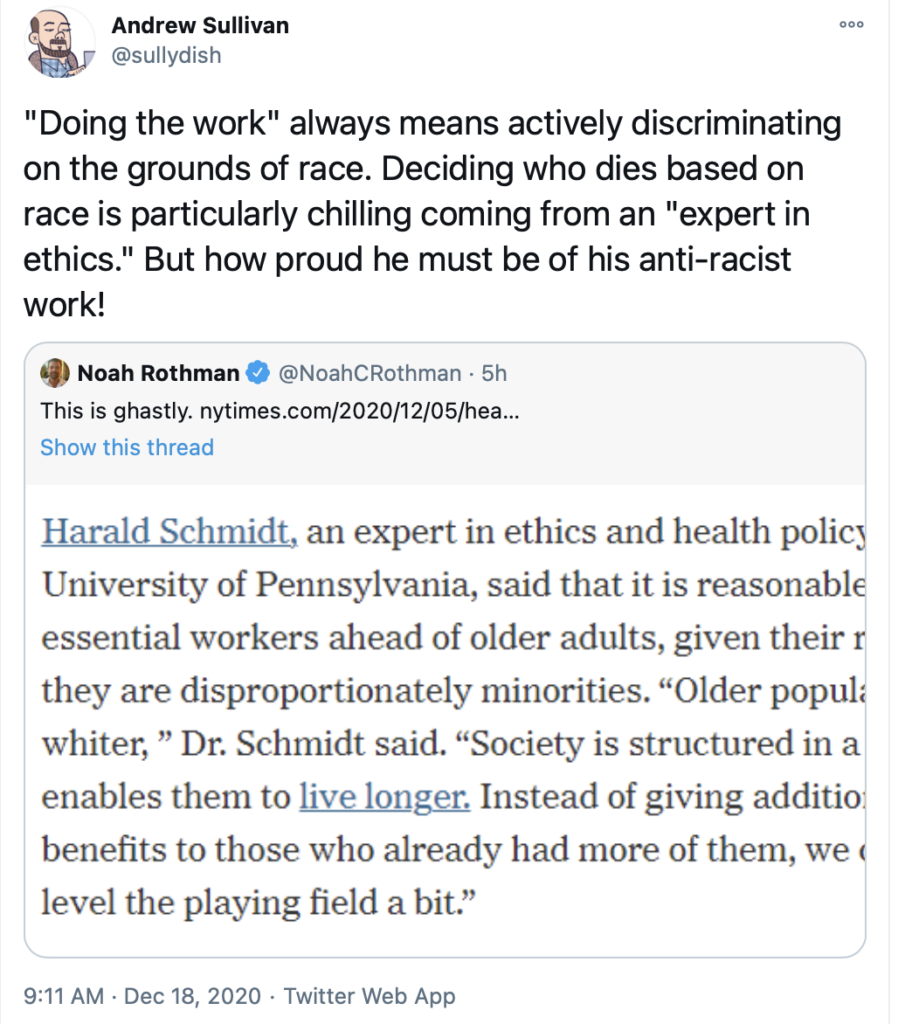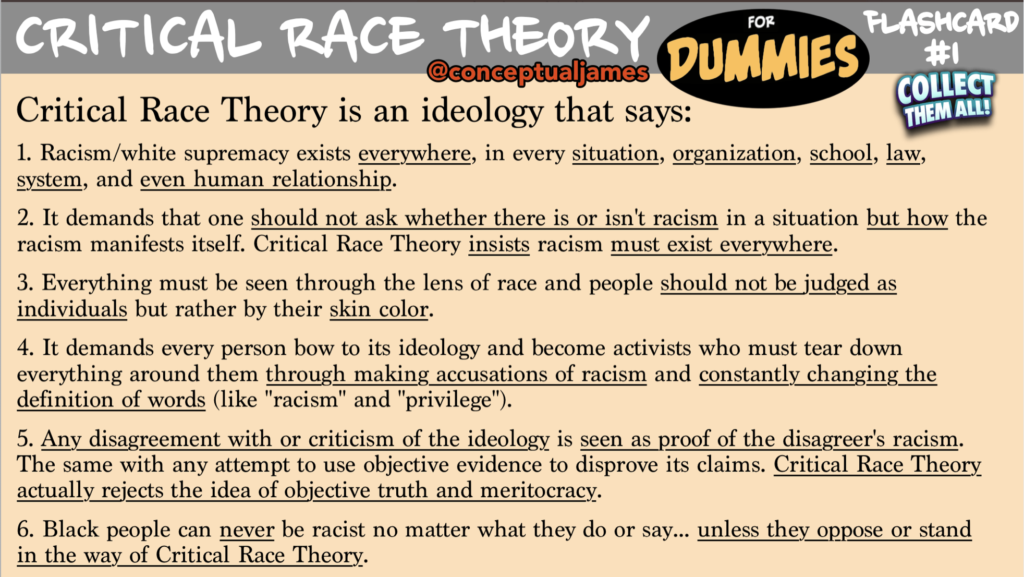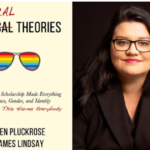In his recent article, "Is Sex 'Assigned' at Birth?," evolutionary biologist Colin Wright criticizes Planned Parenthood's claims that a doctor "assigns" a baby's sex at the time of birth. As Wright points out, a doctor merely notices and reports the baby's sex. Planned Parenthood's website makes as much sense as claiming that an obstetrician "assigns" a baby's two-leggedness or "assigns" the eye color of a newborn.
There's good reason to believe that Planned Parenthood intentionally misused the word "assign," given that this word appears 19 times on Planned Parenthood's highly problematic webpage, "Sex and Gender Identity." Here is an excerpt:
Sex is a label — male or female — that you’re assigned by a doctor at birth based on the genitals you’re born with and the chromosomes you have. It goes on your birth certificate . . . . Instead of saying “biological sex,” some people use the phrase “assigned male at birth” or “assigned female at birth.” This acknowledges that someone (often a doctor) is making a decision for someone else. The assignment of a biological sex may or may not align with what’s going on with a person’s body, how they feel, or how they identify.
Wright's article is a patient and focused response to yet another instance where activists are  attempting to use ideology to rewrite biology. Wright's counter-measure consists of serving up the kind of accurate biology lesson that most high school science teachers have uncontroversially delivered over many decades. That lesson goes something like this: "Here's a male mouse. Notice the penis. Here's a female mouse. Notice the vagina. Here's a diagram of a male human and a female human. Same thing. Quiz tomorrow."
attempting to use ideology to rewrite biology. Wright's counter-measure consists of serving up the kind of accurate biology lesson that most high school science teachers have uncontroversially delivered over many decades. That lesson goes something like this: "Here's a male mouse. Notice the penis. Here's a female mouse. Notice the vagina. Here's a diagram of a male human and a female human. Same thing. Quiz tomorrow."
Real-life biology is something that many Critical Justice Activists have self-trained themselves to find irrelevant. They also find real-life biology incomplete--those biology books keep forgetting to talk about feelings when they discuss gonads! Many of today's Woke students don't like hearing any blunt talk that they are human animals or that it is Nature (not a doctor) that calls the shots regard to a baby's sex. Wright explains:
The claim that biological sex is “assigned at birth” is very misleading as it draws a false equivalence between transgender and intersex people, and suggests that identity, as opposed to reproductive anatomy, defines one’s biological sex.
Rather than being “assigned” at birth, sex is simply recorded at birth using genitalia as a very reliable predictor of underlying gonad type. The fact that doctors, on very rare occasions, are wrong in their assessment does not therefore immediately call everyone’s sex into question.
Planned Parenthood employs many highly educated and careful writers, so the wording on its website was not an accident. Planned Parenthood consciously decided to use the word "assigned" to falsely suggest that arrogant doctors steeped in scientism shoot from the hip whenever they designate a baby's sex. That's how I read their ideologically-laced webpage. They take this position despite the fact that the sex of almost every baby is determined about nine months prior to the birth. And once the baby is born, figuring out whether Nature chose pink versus blue is truly simple. Truly, a doctor merely needs to take a quick look. This process of sexing was perfected thousands of years before the patriarchy got around to inventing the multitudes of modern baby doctors, those people who arrogantly determine one's sex by looking at gonads.
I can feel Wright's frustration as he spells out the facts of life for activists (as well as for those of us who are unnerved by the vocal Woke mobs). This effort by Wright is merely the most recent of a series of basic sex-ed lessons he has been offering (see also here and here). It's unfortunate that any of his articles were necessary, but I'm relieved to see that he is out there offering accurate biology bit by bit, to try to keep us all on the rails.
What is my main reason for writing this article? Because new parents should never be made to feel any hesitation or shame when they announce "It's a girl!" or "It's a boy!" We have all heard many people announcing and celebrating the sex of their newborns. On every occasion that I've heard such an announcement, I'm certain that there was no hint of any animosity toward people who have undergone the process of transgendering. Announcing a baby's sex is always a perfectly appropriate thing to do, no footnotes and no asterisks needed. These joyous moments have no relevance to the hyper-sensitive feelings of transgender activists. In fact, if there were activists in my presence right now, I would urge them to each put one finger in one their own ears so the following information might stick: "When new parents joyously exclaim 'It's a girl!', this is an undeniable biological fact that has absolutely nothing to do with you. It's about the baby."
Since Planned Parenthood twice mentioned "intersex" on the above webpage, it's worth asking how often doctors get it wrong when they tell the parents what sex they have observed in the newborn baby. The answer: almost never. As Wright discusses, the reproductive anatomy of a baby is unambiguously male or female over 99.98 percent of the time. Many activists seem to think that it is insensitive to bluntly announce the sex of a baby because of "intersex." They claim this even when only 2 out of 10,000 newborns are diagnosed with intersex conditions. They claim this despite the fact that intersex conditions have absolutely nothing to do with the issue of transgendering. I suspect that transgender activists keep bringing up intersex conditions because it confuses and extends what would otherwise be swift endings to bad arguments.
Planned Parenthood, an organization claiming an expertise in medical matters, needs to get its medical facts right, then revise its webpage accordingly. There's a lot of work to do. One thing they desperately need to be add is this: For the great majority of people, biological sex robustly aligns with gender. This fact is not something shameful, insensitive or mean-spirited. It accurately describes most human beings, except in Planned Parenthood's namby-pamby world of biology where this is a fact that must not be uttered.
[More . . . ]




